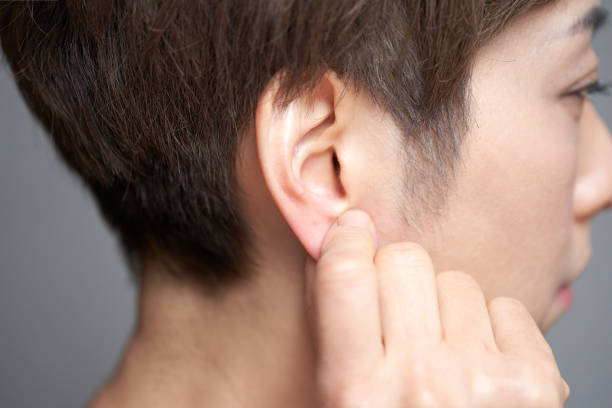Meniere’s Disease Treatment
The first line of defense for any person with Meniere’s disease is lifestyle management. Although these changes may not make symptoms go away immediately, they provide a foundation for better health and a better chance of successful treatment. Lifestyle changes include avoiding triggers, controlling diet, reducing stress, and exercising. These all play a key role.
What triggers Meniere’s disease?
People with Meniere’s disease experience dizziness, hearing loss, and other disabling effects in the inner ear. These symptoms may last weeks or even months. There is no cure for this condition, but the cause is thought to be abnormal buildup of fluid in the inner ear, disrupting the delicate balance and hearing processes.
The condition can be caused by a number of factors. One of the most common causes is fluid buildup in the labyrinth, a structure in the inner ear that houses structures that regulate hearing and balance. If there is too much fluid, this fluid interferes with nerve signals sent to the brain, resulting in vertigo and hearing problems.
Vertigo attacks can last from 20 minutes to 24 hours. People with Meniere’s disease are often in bed for several hours. However, it is important to move around, even if you’re tired. This is because the brain needs time to readjust to the new sensations. If left untreated, the condition can lead to other issues, including difficulty working.
Can you fix Meniere’s disease?
Unfortunately, there is no known cure for Meniere’s disease, but there are treatments available to help patients deal with the symptoms. Diuretics, which are drugs that help the body rid itself of excess fluid, can help reduce symptoms. In addition, they can help prevent the buildup of fluid in the inner ear. Antiemetics and antihistamines can also help patients manage nausea and vertigo caused by the disease.
In severe cases, surgery may be an option. Some surgeries remove part of the inner ear, resulting in complete hearing loss. However, surgery should only be considered in the most severe cases.
How long does Meniere’s disease last?
People with Meniere’s disease experience episodes that last anywhere from 20 minutes to several hours. During these episodes, they may experience unsteadiness, fatigue, or tinnitus. During the intervals between acute attacks, most sufferers remain symptom-free. In the early stages of the disease, patients usually experience hearing loss in only one ear, but this can progress to more severe hearing loss and vertigo.
The disease can occur at any age. However, most sufferers are between the ages of 40 and 60. Both men and women are equally likely to develop the disease. While the disease is not known to have any single cause, it is most likely caused by too much pressure in the inner ear. Some risk factors include respiratory infections, head injuries, and sleep apnea.
How serious is Ménière’s disease?
Meniere’s disease causes sudden and frequent episodes of vertigo. The attacks can last anywhere from 20 minutes to 24 hours and can cause severe discomfort. Afterwards, the sufferer often feels fatigued and needs to rest for a while. As the disease progresses, the symptoms also become more severe and can include constant hearing loss, tinnitus, and problems with balance and vision.
This disorder results from a change in the volume of fluid in the inner ear, called endolymph. This fluid causes the symptoms of dizziness, tinnitus, and imbalance. A virus, immune system malfunction, or a disorder of the labyrinth can also cause Meniere’s disease.



